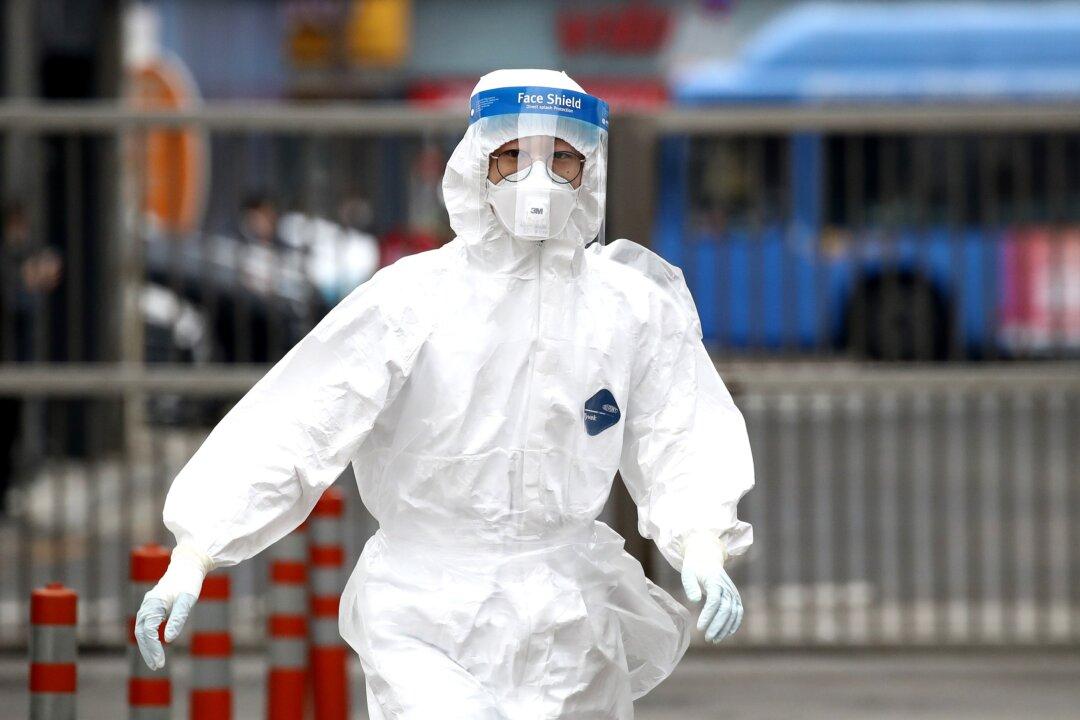The rising number of coronavirus cases outside of China, including surges in China, Japan, and Iran, are concerning and indicate that the “window of opportunity” to halt the spread of the virus is closing, World Health Organization (WHO) director-general Dr. Tedros Adhanom Ghebreyesus said on Friday.
There are now 1,152 COVID-19 cases in 26 countries outside of China, he said in Geneva, on the same day Iran reported two new deaths and 13 new cases and South Korea reported one new death and 100 new cases. Eight deaths have taken place outside of China.





